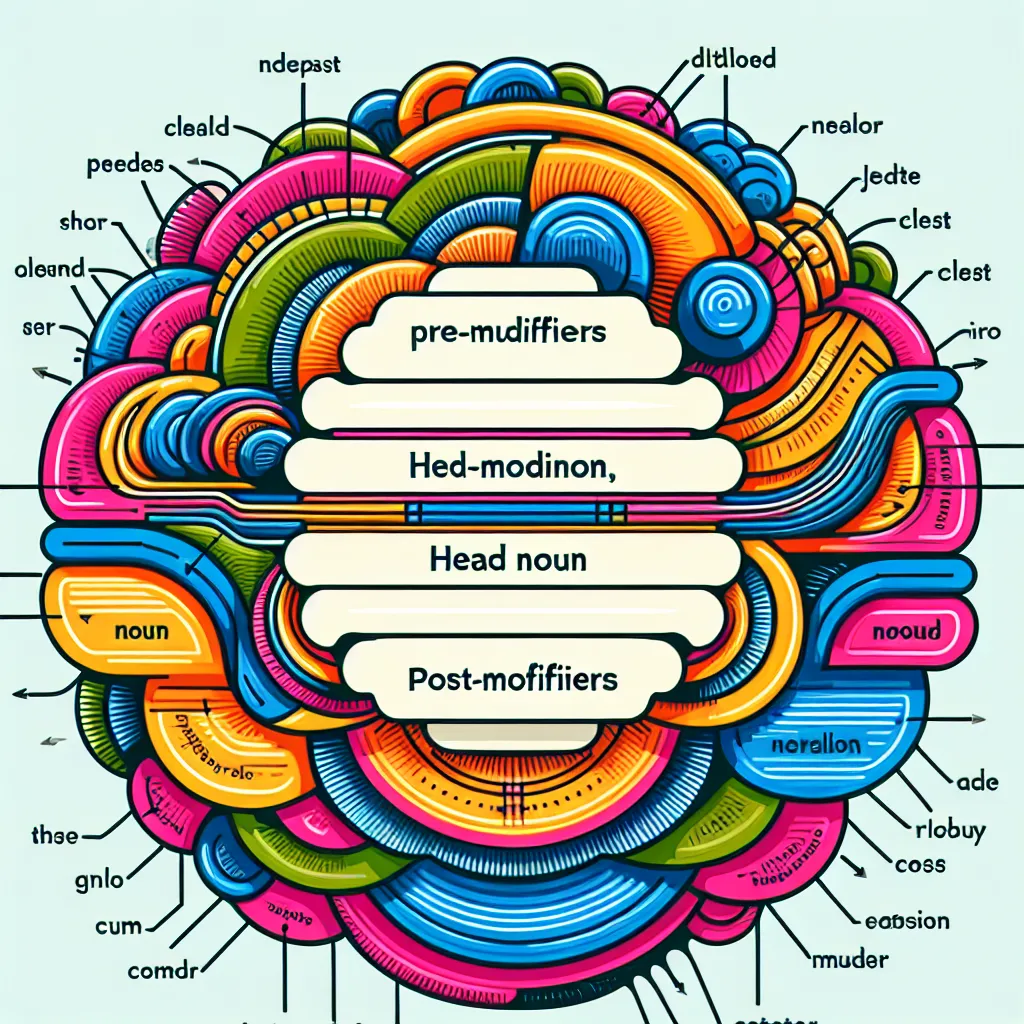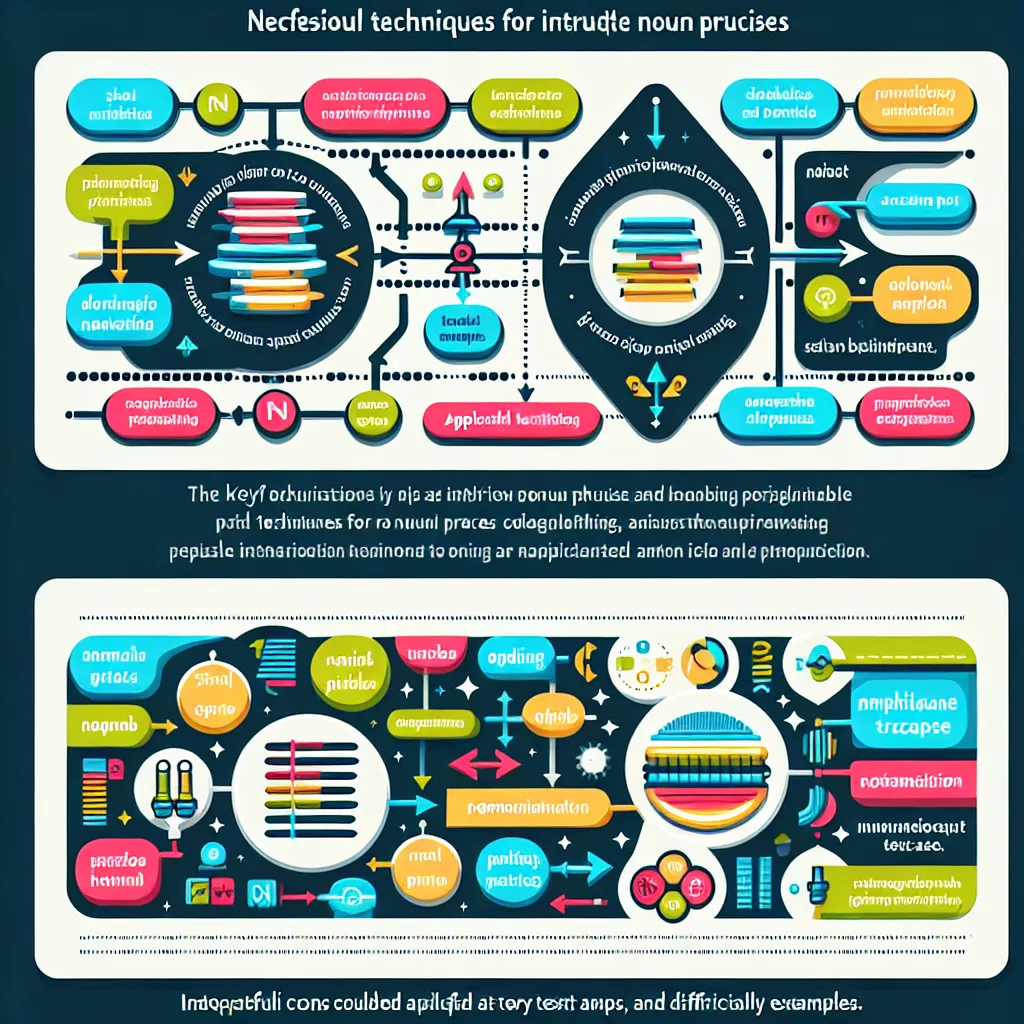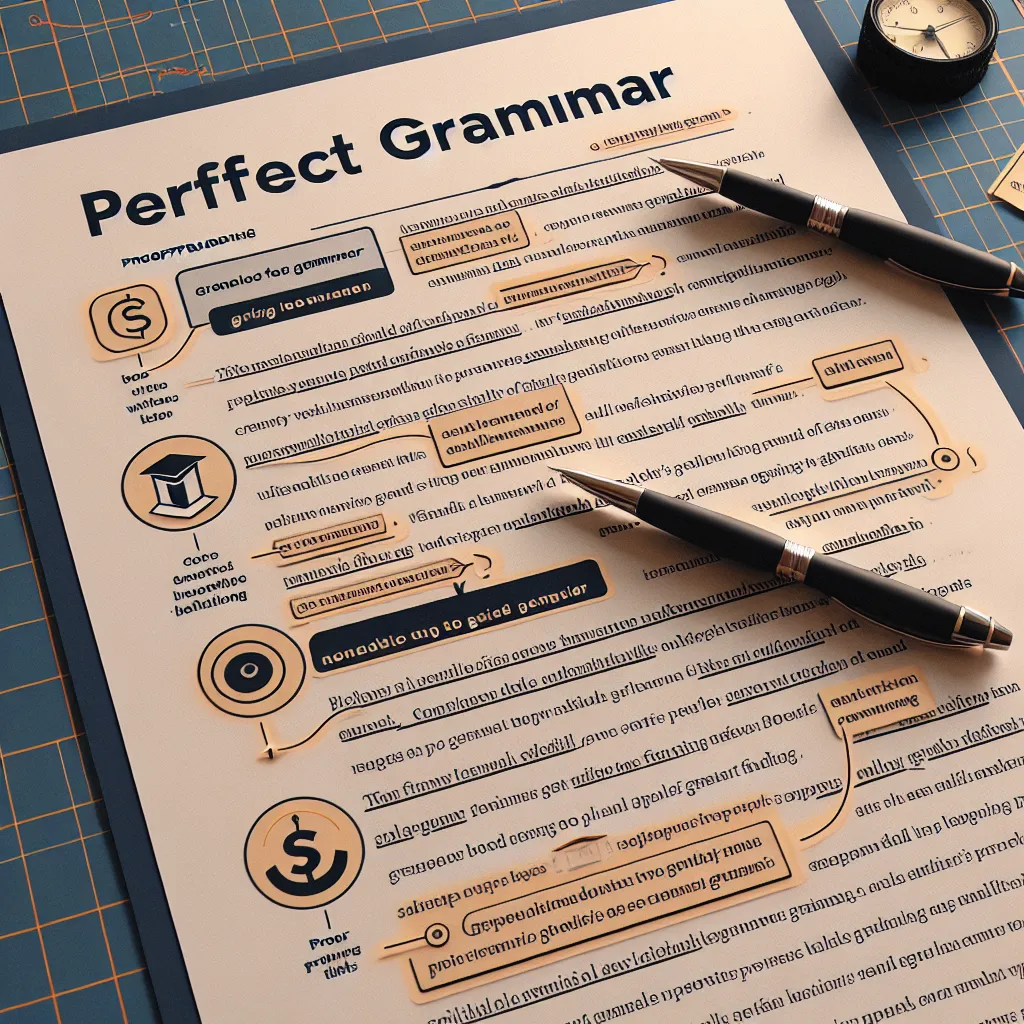Complex noun phrases are essential building blocks in English grammar, allowing for more sophisticated and nuanced expression. This guide will explore how to effectively use these structures to enhance your writing and speaking skills.
Understanding Complex Noun Phrases
A complex noun phrase is a group of words centered around a noun, often including modifiers before and after the main noun. These phrases can significantly enrich your language, providing more detailed and precise descriptions.
Why Complex Noun Phrases Matter
Complex noun phrases are crucial for several reasons:
- They add depth and specificity to your expressions.
- They help in conveying complex ideas concisely.
- They are frequently used in academic and professional writing.
- They demonstrate a higher level of language proficiency.
 Complex Noun Phrase Structure
Complex Noun Phrase Structure
Components of Complex Noun Phrases
To master complex noun phrases, it’s essential to understand their components:
1. Pre-modifiers
Pre-modifiers come before the main noun and can include:
- Articles (a, an, the)
- Adjectives
- Possessives
- Numerals
- Participles
Example: “The three excited young children”
2. Head Noun
This is the central noun in the phrase.
Example: “The three excited young children”
3. Post-modifiers
Post-modifiers follow the head noun and can include:
- Prepositional phrases
- Relative clauses
- Participle phrases
Example: “The three excited young children in the playground”
Constructing Complex Noun Phrases
Let’s explore how to build effective complex noun phrases:
- Start with a simple noun: “book”
- Add pre-modifiers: “The interesting old book”
- Include post-modifiers: “The interesting old book with a leather cover”
Practice exercise: Try expanding this noun phrase: “student”
Examples of Complex Noun Phrases in Context
-
“The diligent student with excellent grades from our class won the scholarship.”
- Head noun: student
- Pre-modifiers: The, diligent
- Post-modifiers: with excellent grades, from our class
-
“A comprehensive study on climate change published in a renowned scientific journal sparked global debate.”
- Head noun: study
- Pre-modifiers: A, comprehensive
- Post-modifiers: on climate change, published in a renowned scientific journal
Common Mistakes to Avoid
-
Overloading: Don’t use too many modifiers, which can make the phrase confusing.
Incorrect: “The very old, extremely rare, surprisingly well-preserved, intricately designed ancient artifact”
Better: “The rare, well-preserved ancient artifact with intricate designs” -
Misplaced modifiers: Ensure that modifiers are close to the words they describe.
Incorrect: “We saw a dog walking down the street wearing a red collar.”
Correct: “We saw a dog wearing a red collar walking down the street.” -
Inconsistent parallelism: Maintain consistent structure in lists within noun phrases.
Incorrect: “She is a talented musician, painter, and writes novels.”
Correct: “She is a talented musician, painter, and novelist.”
Advanced Techniques
To further enhance your use of complex noun phrases, consider these techniques:
-
Embedding: Include one noun phrase within another.
Example: “The book [that my friend recommended] [with the blue cover] is fascinating.” -
Apposition: Use two noun phrases to refer to the same thing.
Example: “My neighbor, [a skilled carpenter], offered to help with the renovations.” -
Nominalization: Convert verbs or adjectives into nouns to create more complex structures.
Example: “The rapid industrialization of the region” (instead of “The region industrialized rapidly”)
 Advanced Noun Phrase Techniques
Advanced Noun Phrase Techniques
Practice Exercises
-
Expand the following simple noun phrases into complex ones:
- “The cat”
- “A student”
- “Some flowers”
-
Identify the components of this complex noun phrase:
“The old wooden house at the end of the street that nobody ever visits” -
Rewrite the following sentence using a complex noun phrase:
“The team won the game. The team was determined. The game was challenging.”
For more practice on complex sentence structures, check out our guide on perfecting the use of complex sentence patterns in writing.
Conclusion
Mastering complex noun phrases is a key step in advancing your English language skills. By understanding their structure and practicing their use, you can significantly enhance the sophistication and precision of your communication. Remember to start simple and gradually increase complexity as you become more comfortable with these structures.
For further exploration of advanced English structures, you might find our article on how to master the use of advanced syntax in reports particularly helpful.
Keep practicing, and soon you’ll be using complex noun phrases with confidence and ease in both your writing and speaking!




